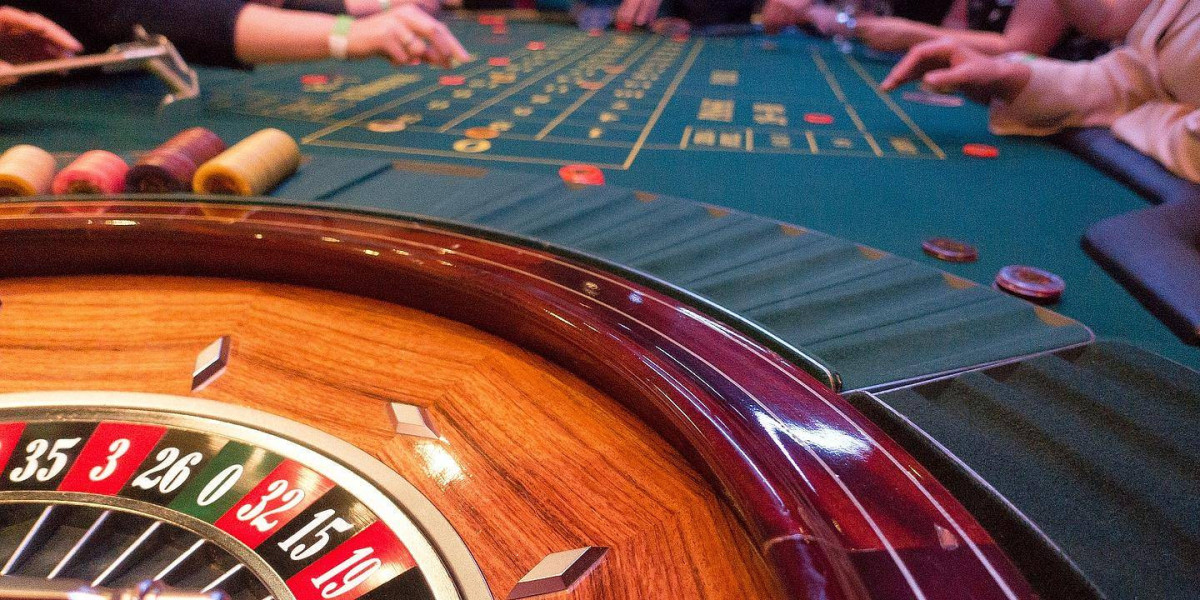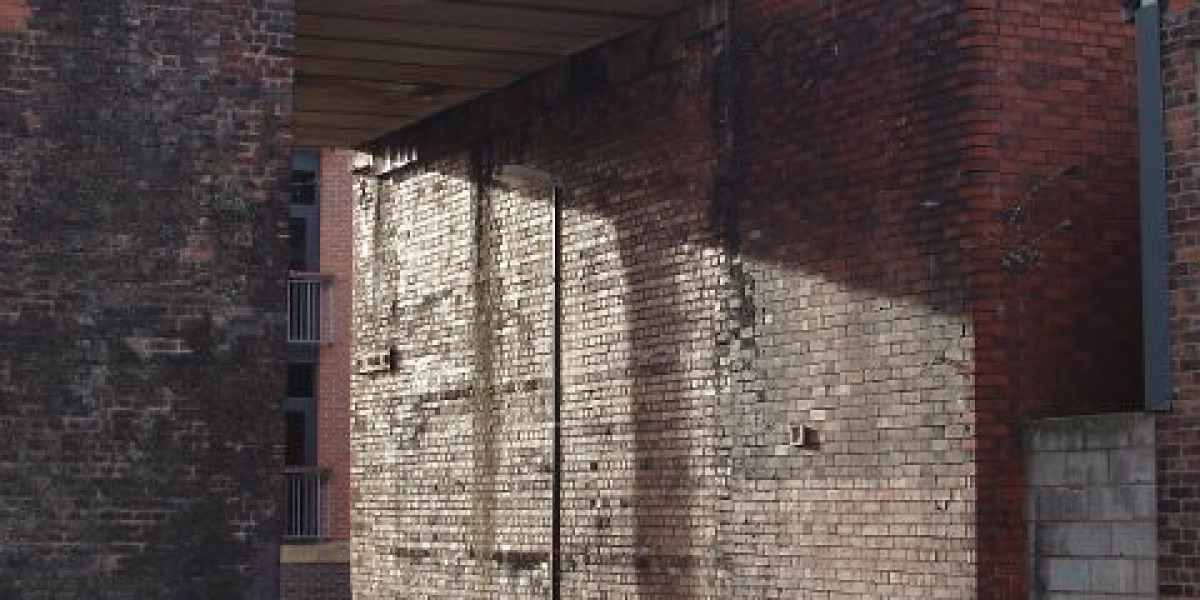Combat Achievements are tiered challenges tied to bosses, from Easy to RuneScape gold Grandmaster. While chasing Grandmaster isn't necessary unless you're highly skilled, early tiers give some excellent perks:
Load more cannonballs for faster Slayer tasks.
Direct teleports to God Wars Dungeon.
Longer Thrall duration, perfect for PvM.
Prayer drain removed at Barrows.
Faster Pest Control for Void unlocks.
These boosts add up quickly, and most early tasks are achievable without elite setups.
Untradeable Essentials
Beyond quests and diaries, untradeable items from minigames and bosses provide huge mid-game benefits:
Defenders (up to Dragon) - Free DPS upgrades, later combined into the Avernic Defender.
Fire Cape - A strong melee cape until Infernal.
Imbued God Capes - Best-in-slot magic capes from Mage Arena II.
Ava's Assembler / Quiver - Top ranged capes from Vorkath and the Fortis Colosseum.
Fighter Torso - Budget alternative to Bandos chestplate.
These aren't all mandatory anymore thanks to newer gear options, but picking up a few dramatically increases combat efficiency.
Play the Content, Not the Spreadsheet
It's tempting to chase every minor upgrade, but obsessing over 1% boosts leads to burnout. Gear doesn't teach mechanics-doing the content does. Deaths and wipes aren't failures; they're lessons. Keep spare cash for death fees, accept losses as part of the process, and focus on learning fights rather than optimizing every small detail.
The Right Balance
To sum up:
Do quests-they unlock the most impactful rewards.
Don't over-grind gear-good enough is often enough.
Pick smart diary and combat achievement goals-focus on rewards that improve your gameplay.
Collect key untradeables-fire cape, defenders, and others give lasting benefits.
Start learning fights-experience is the best teacher.
The path from mid-game to confident bossing isn't about ticking every box. It's about finding a balance between preparation and actually playing the content. Die a little, learn a lot, and the drops will come.
Final Thought
Don't wait until you're "ready." In OSRS, readiness comes from experience. Get the essentials, dive into bosses, and let the journey teach you the rest. Having enough RS gold can be a great help in your journey.
Old School RuneScape is filled with quirky secrets, rare rewards, and obscure community challenges. But one item stands out for its name alone: the Infinite Money Bag. On paper, it sounds like the dream item every player wants-an endless supply of coins at your fingertips. In reality, it's one of the most impractical, meme-worthy, and downright brilliant rewards ever added to the game.
So what exactly is this item? Where did it come from, and why is it such a legendary piece of OSRS history? Let's break it down.
The Origins: Crack the Clue
To understand the Infinite Money Bag, you first need to know about Crack the Clue, one of RuneScape's most famous community puzzle series.
Created by the legendary player and puzzle-maker Wase (WS), Crack the Clue is a set of long-running clue hunts designed to challenge the community's problem-solving skills. Each installment presents cryptic hints, obscure requirements, and a final solution that requires teamwork, experimentation, and often hundreds of hours of collective brainpower.
Crack the Clue 3, the third iteration of the series, was where the Infinite Money Bag was hidden. The puzzle took players around nine months to solve, even with OSRS GP occasional hints dropped along the way. For months, theorycrafters, clue hunters, and curious adventurers combed the game for answers until the community finally cracked the code.








